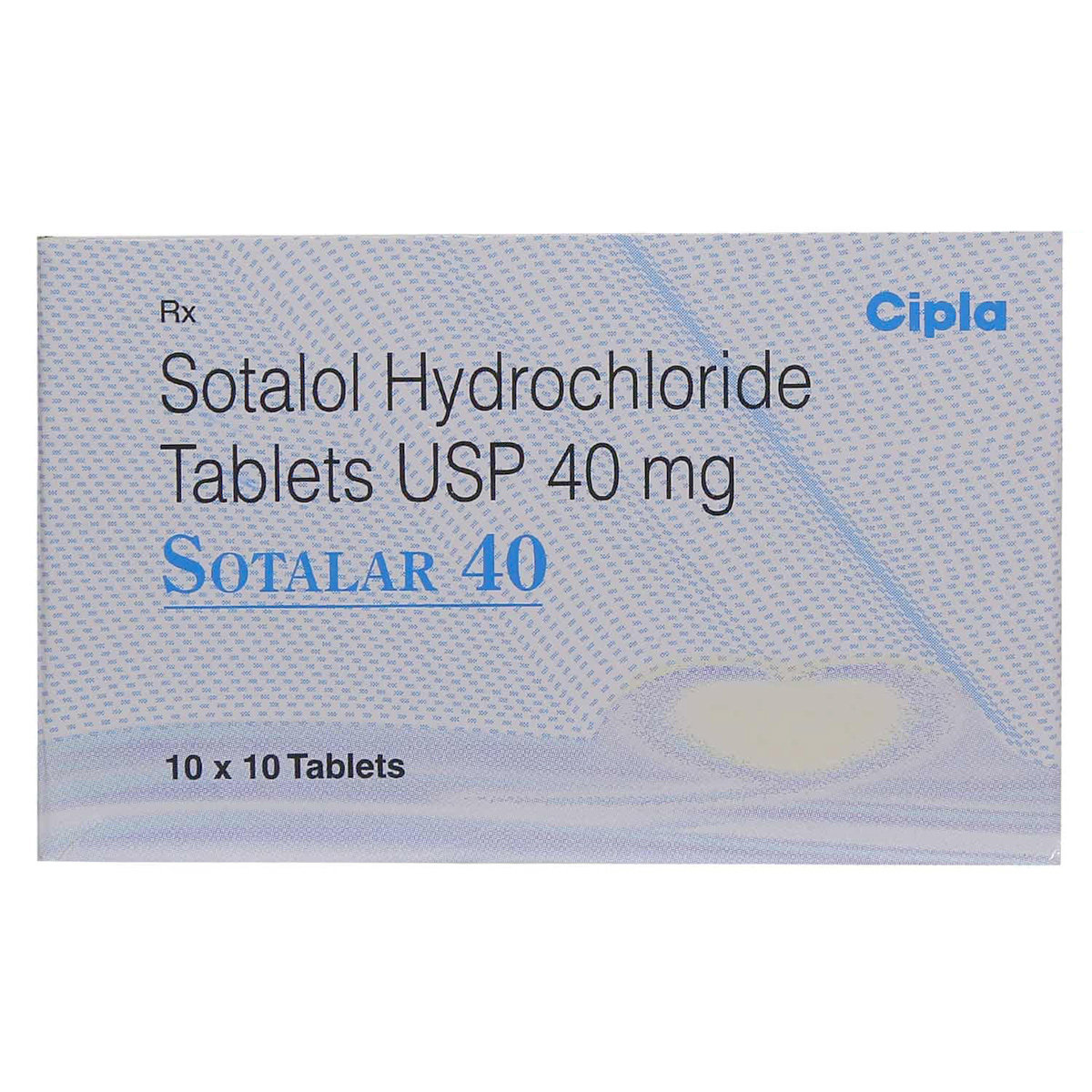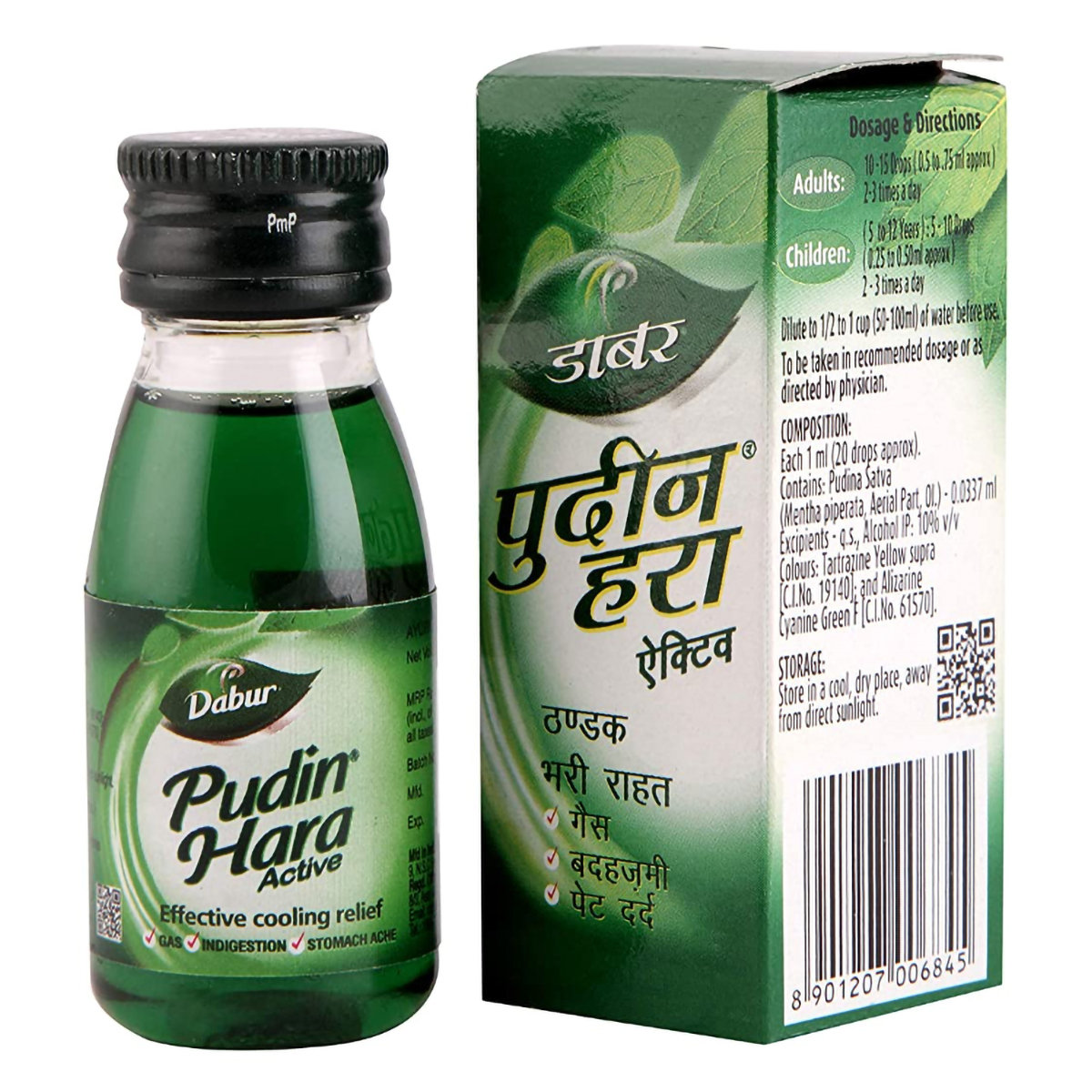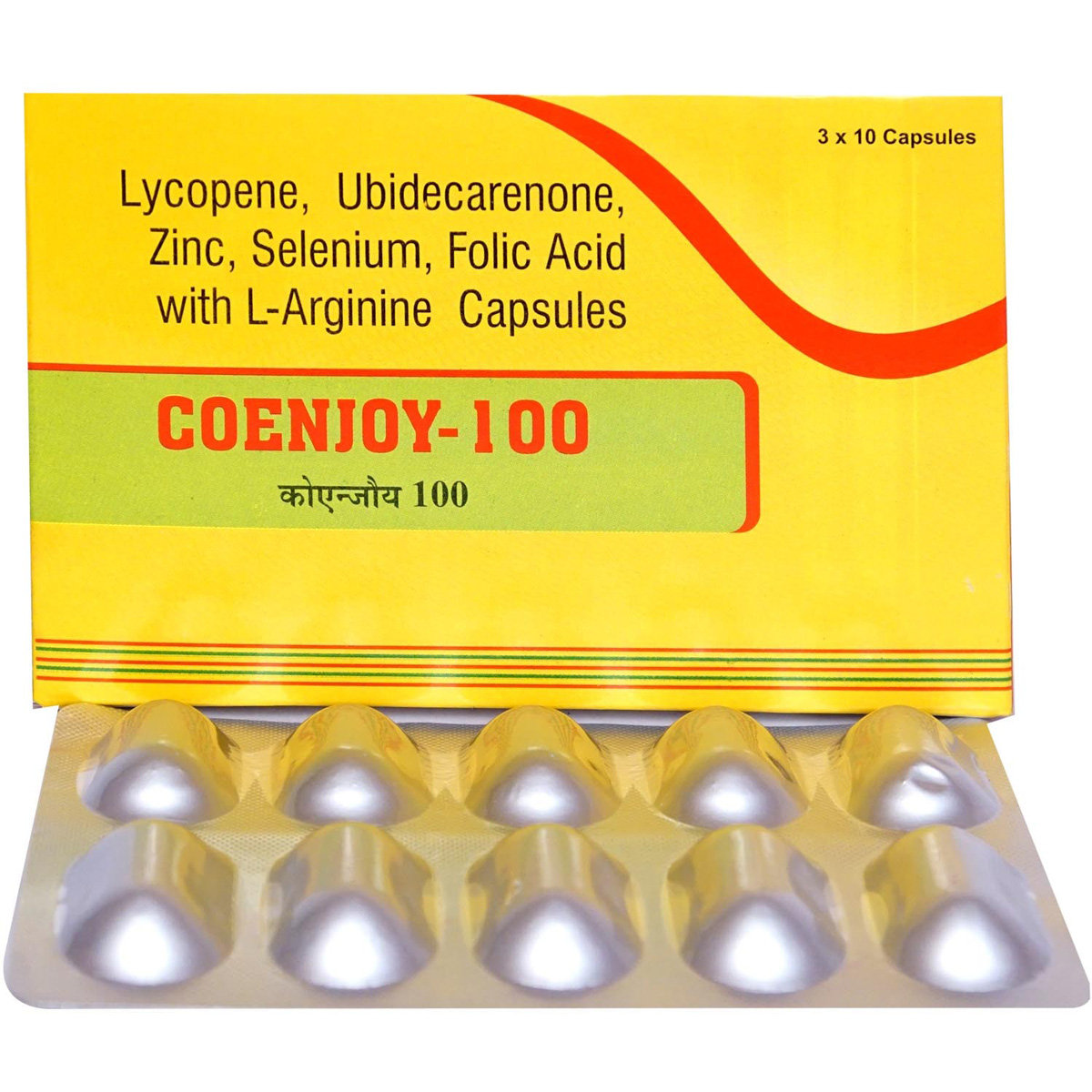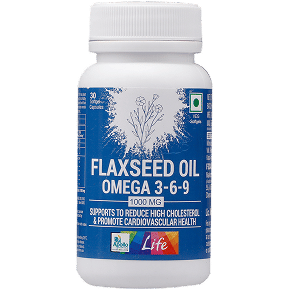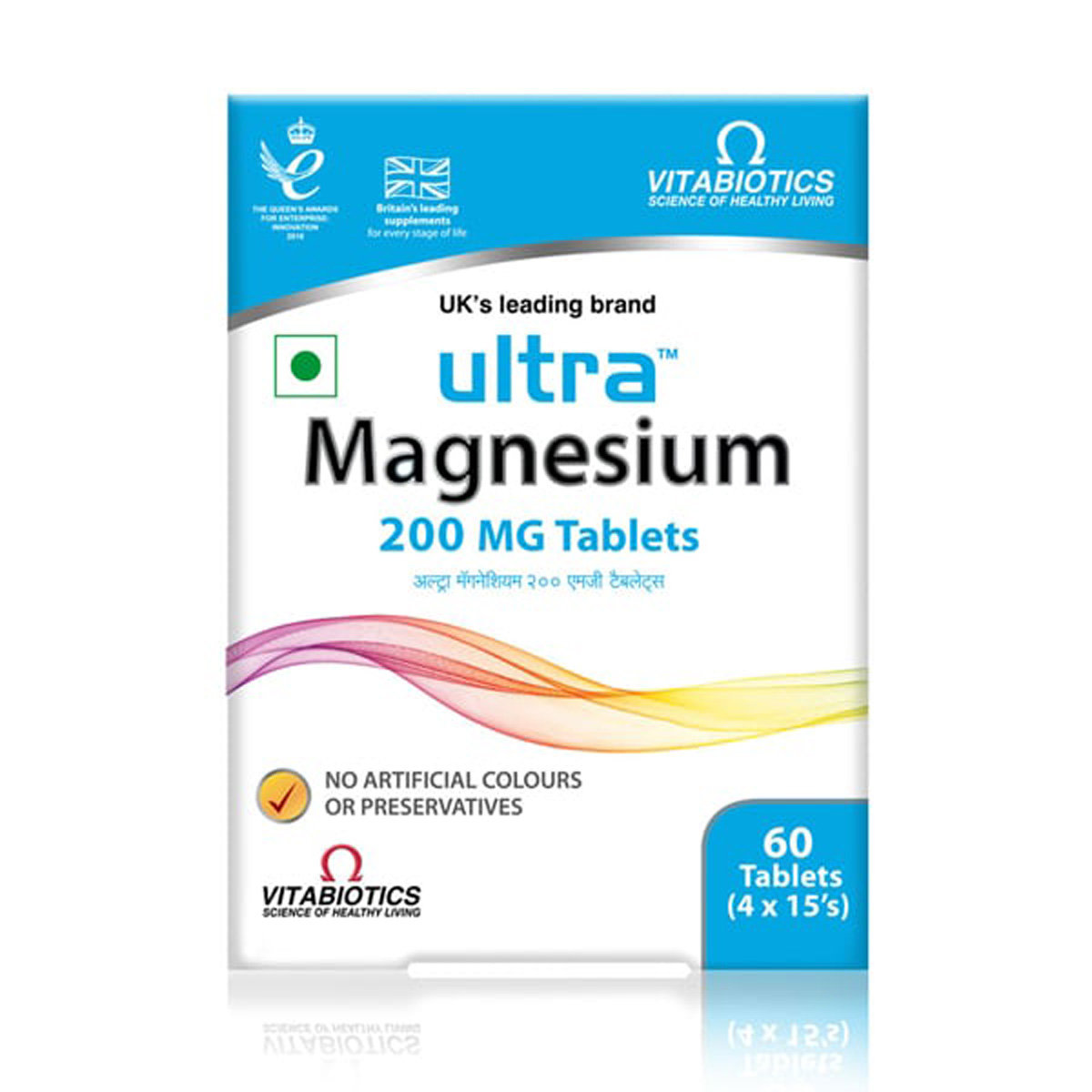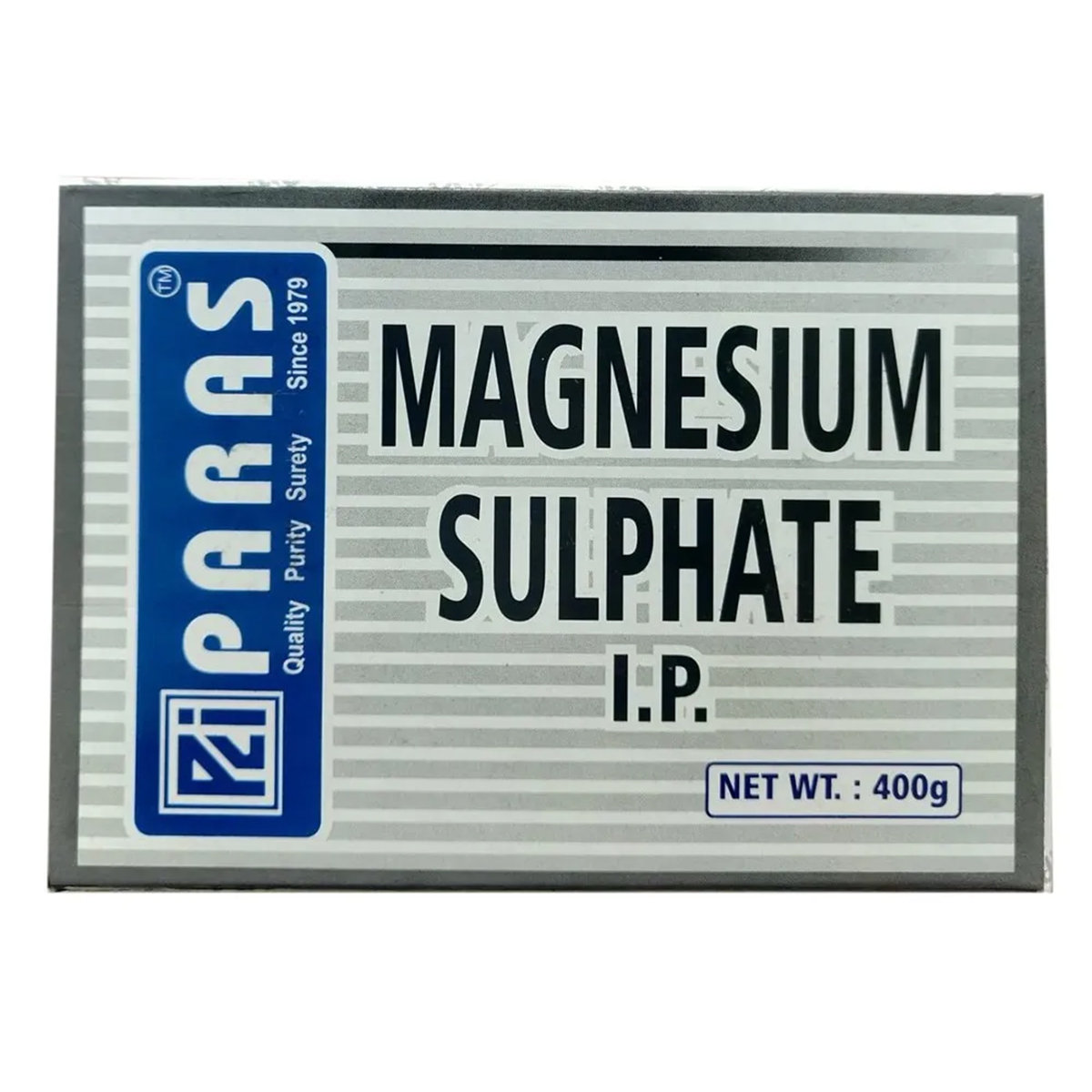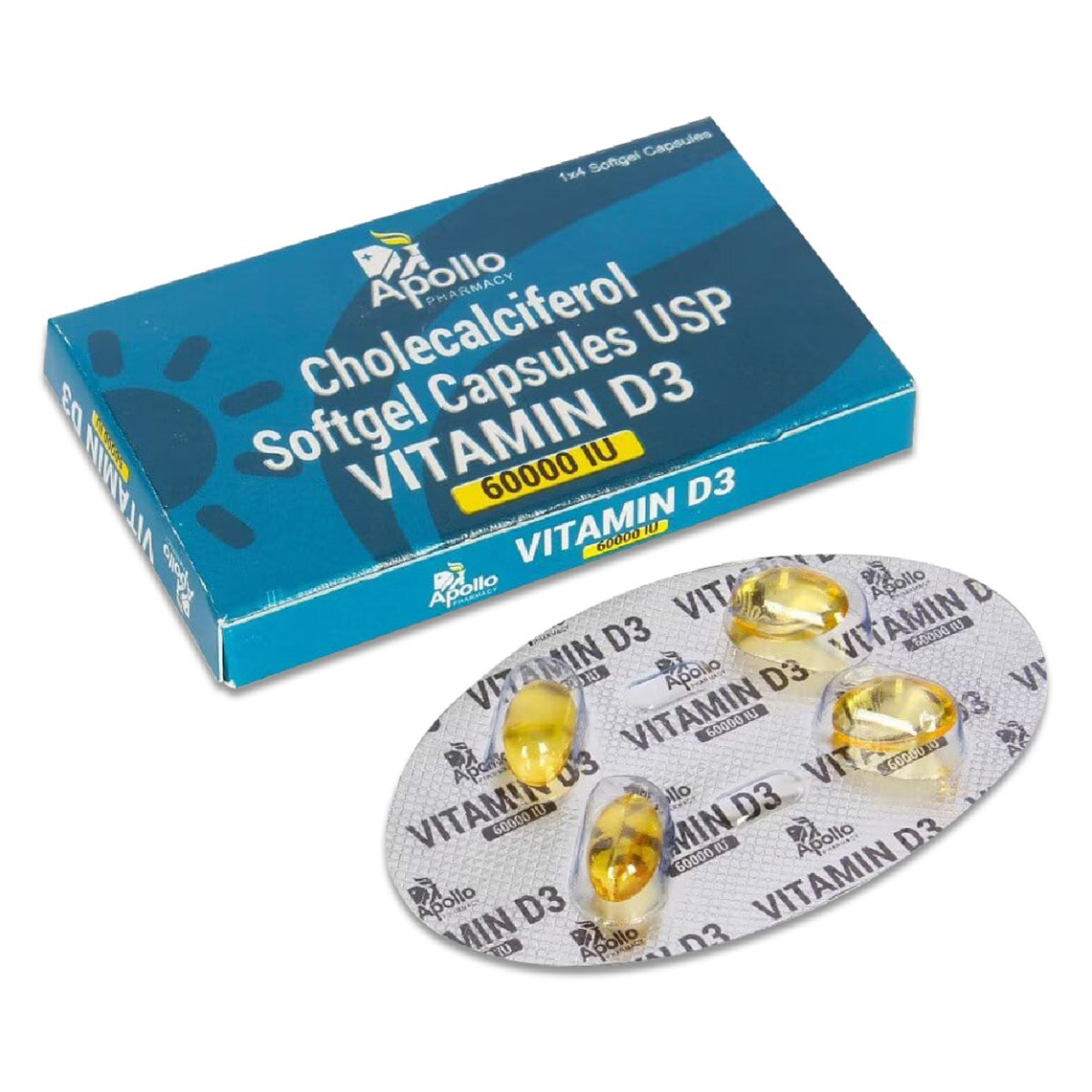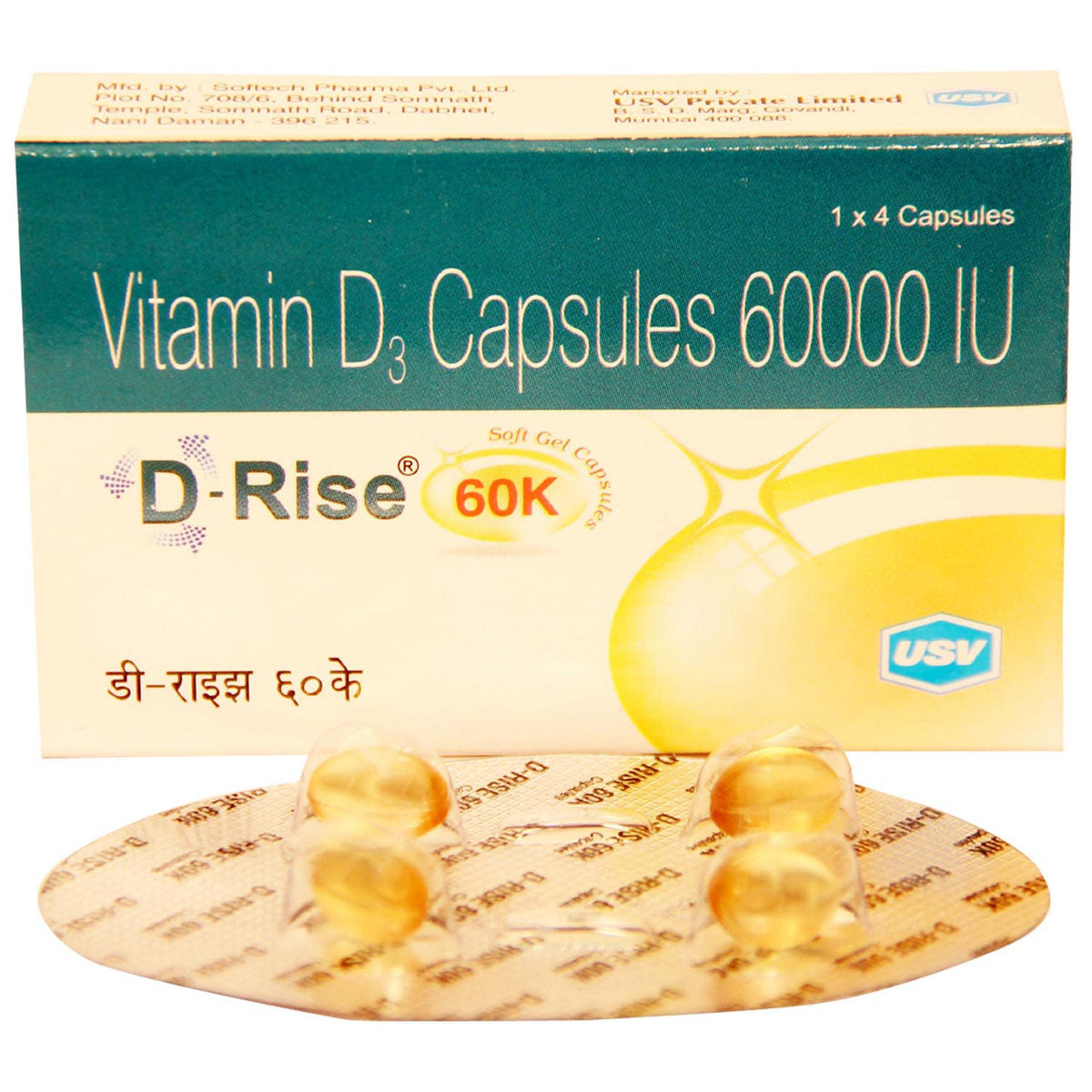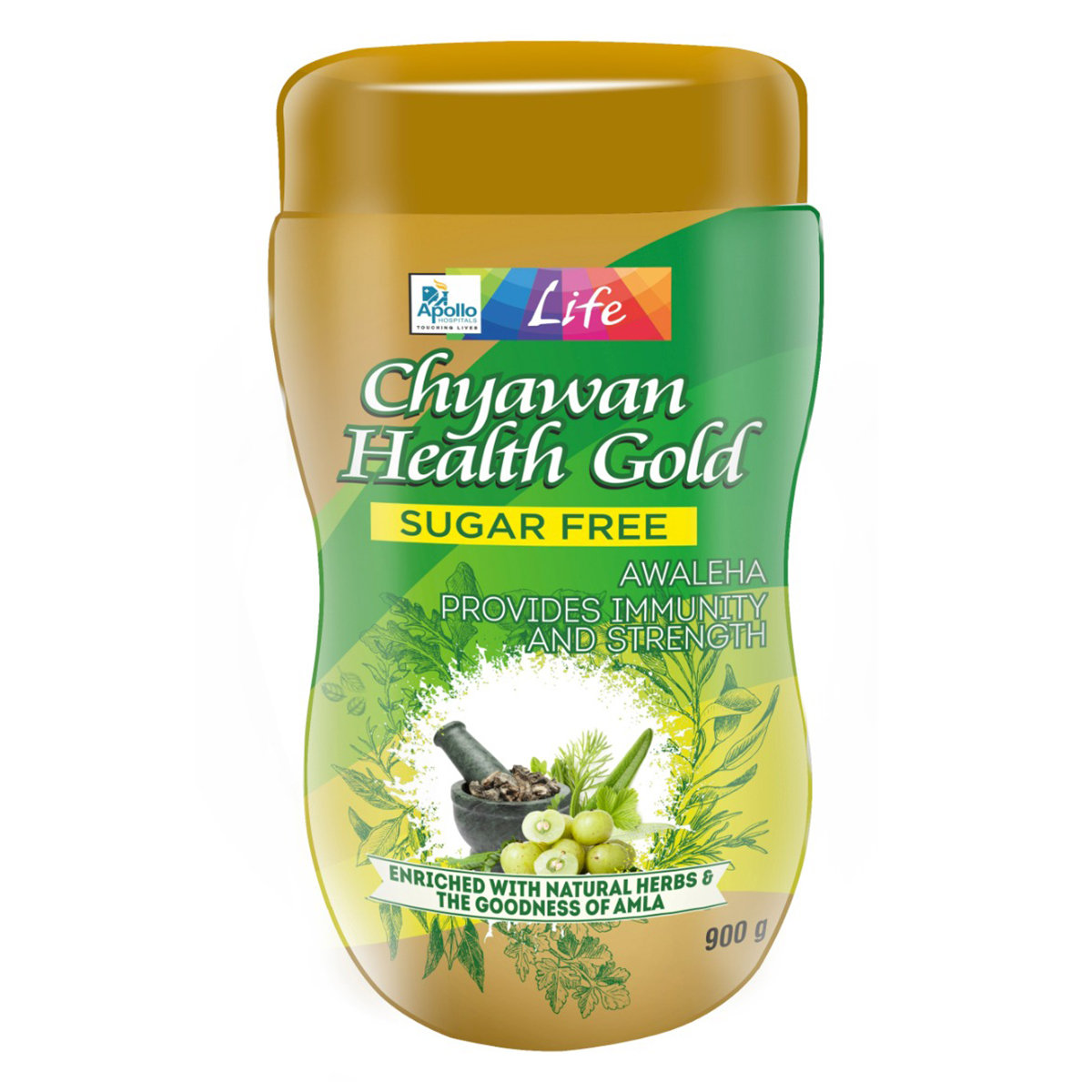Solet Tablet
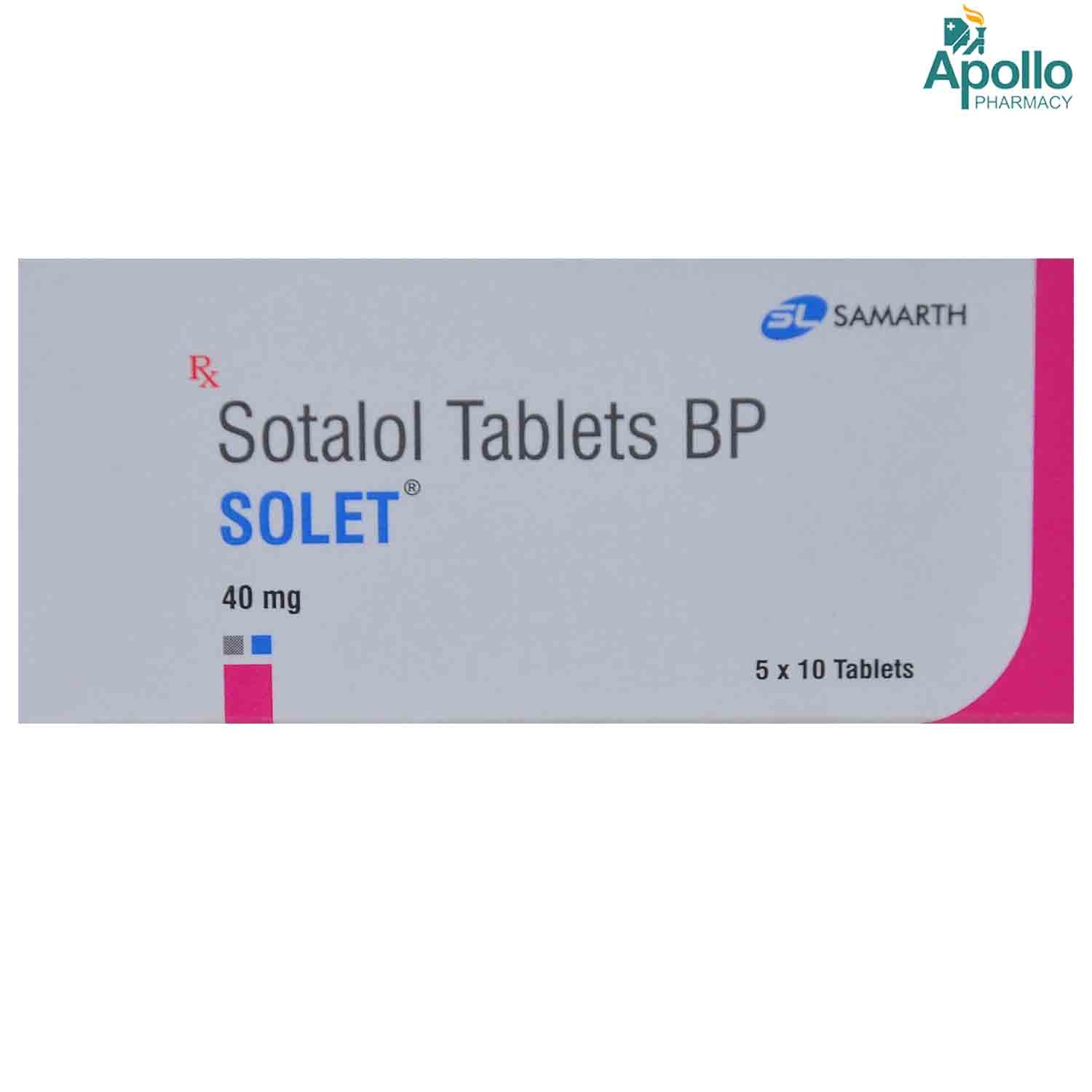
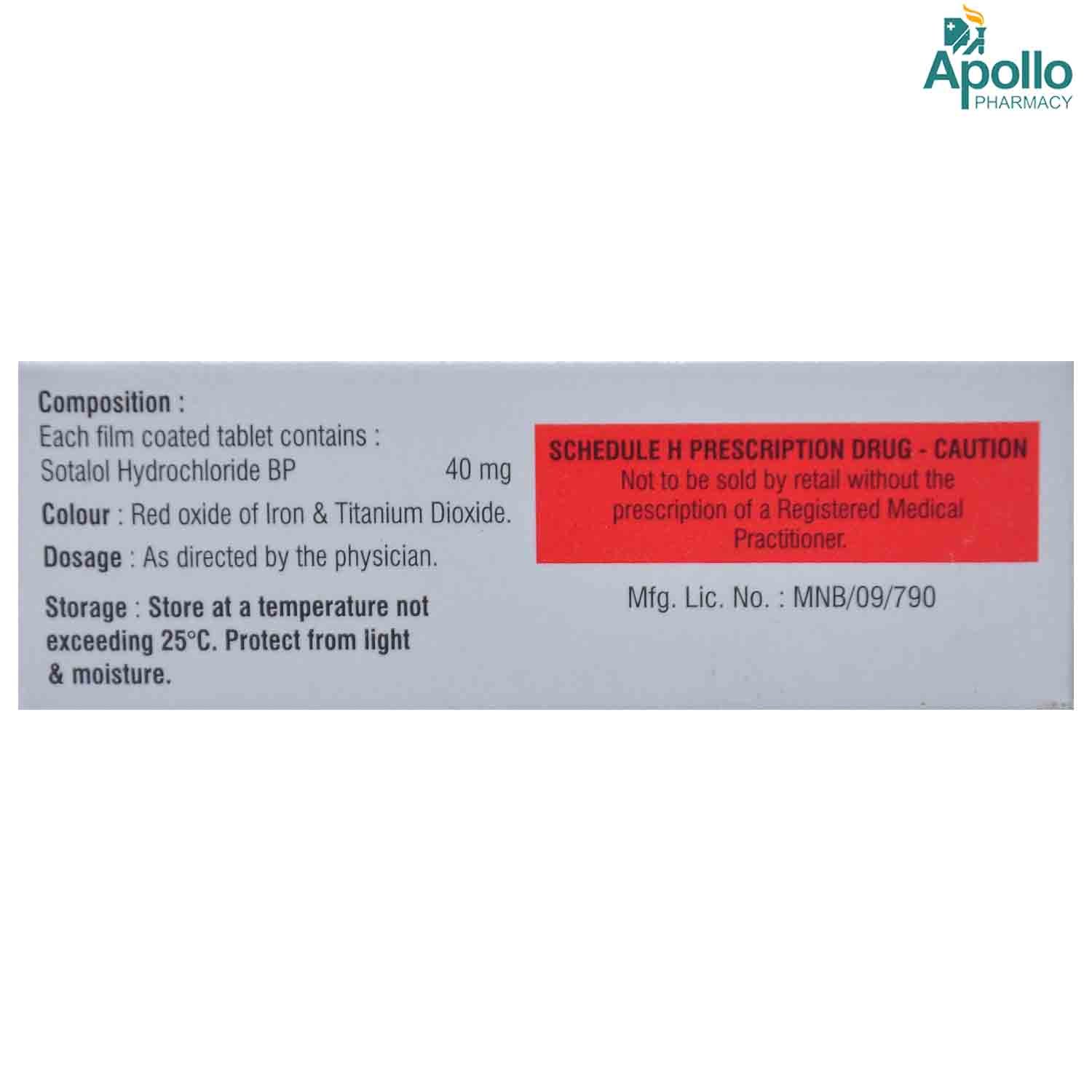
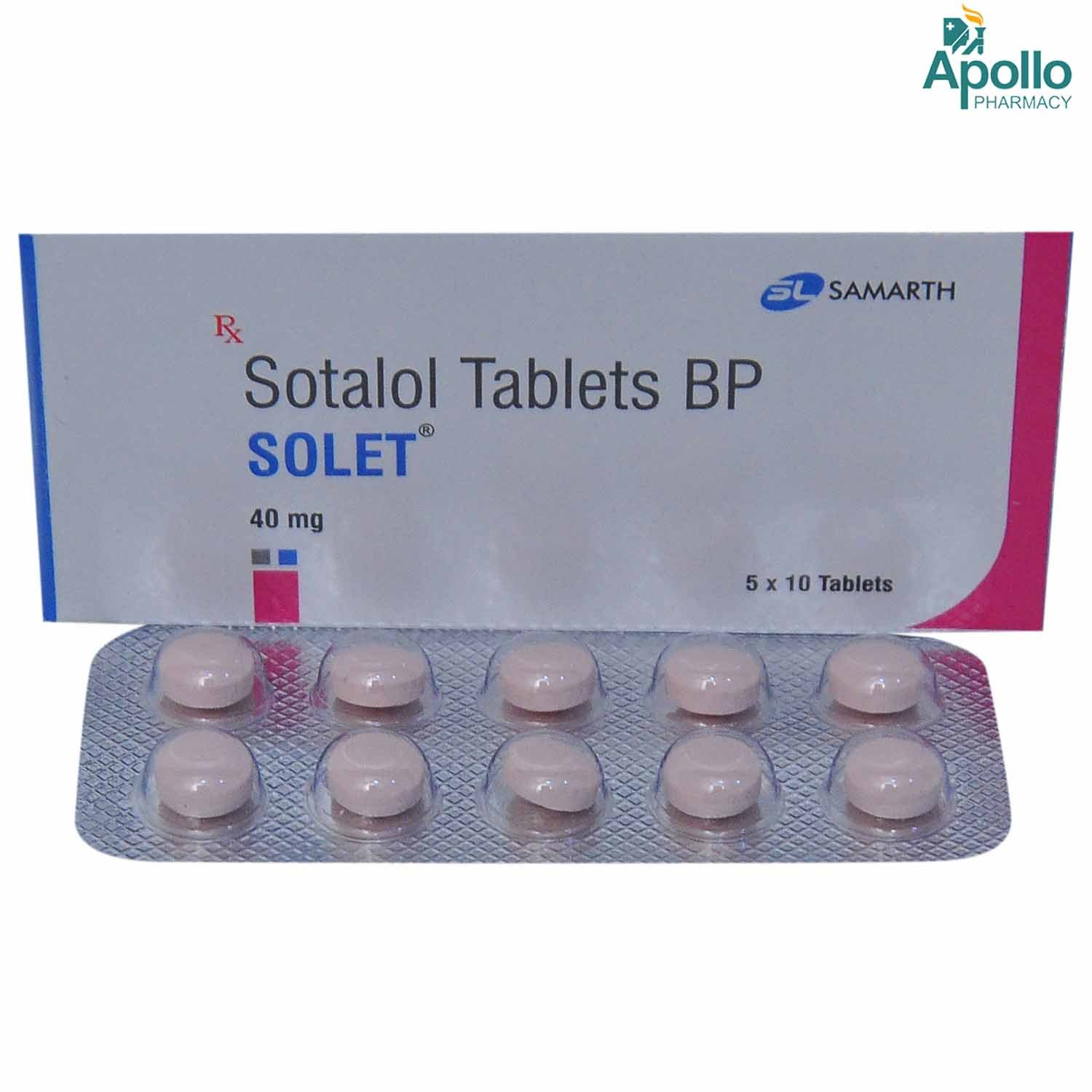
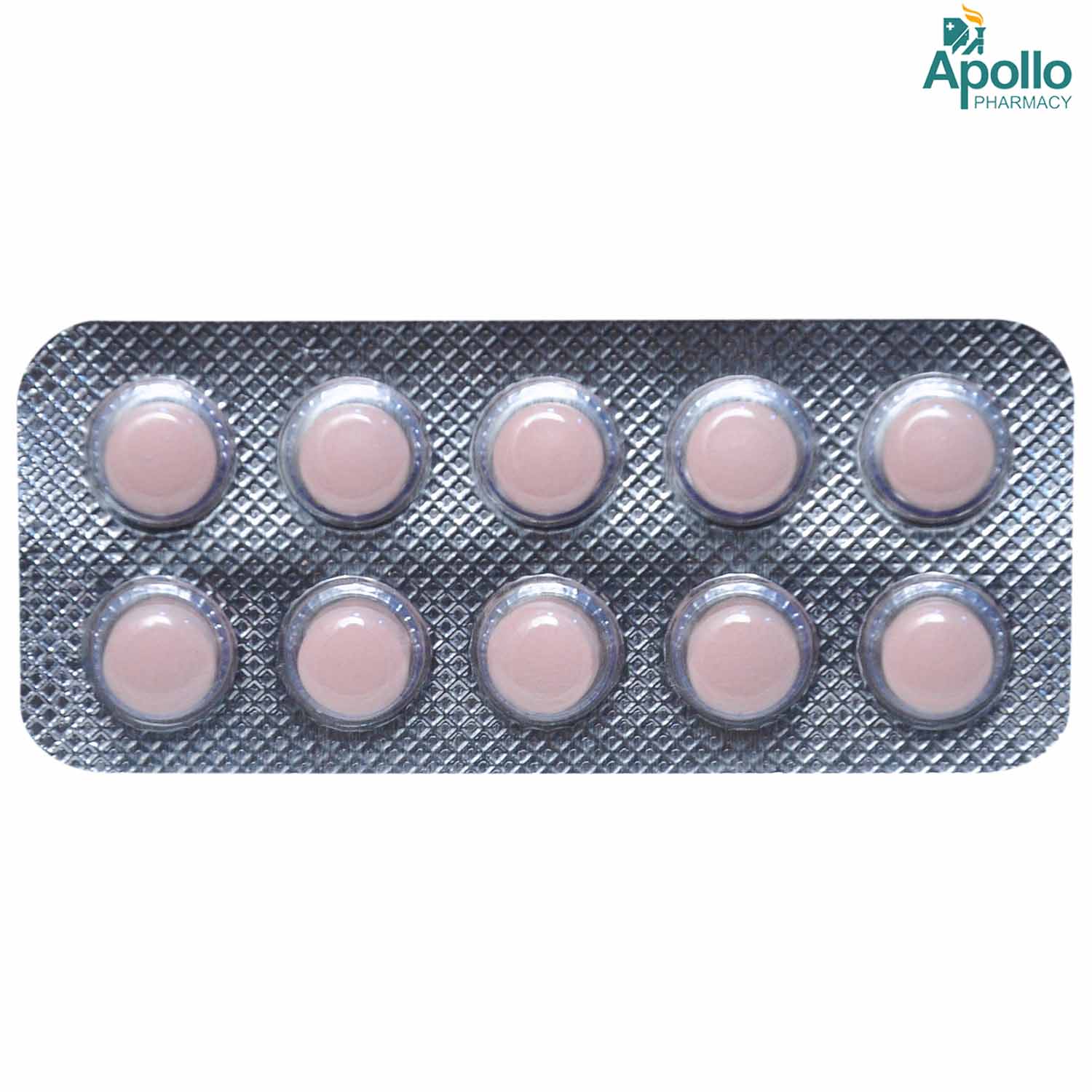
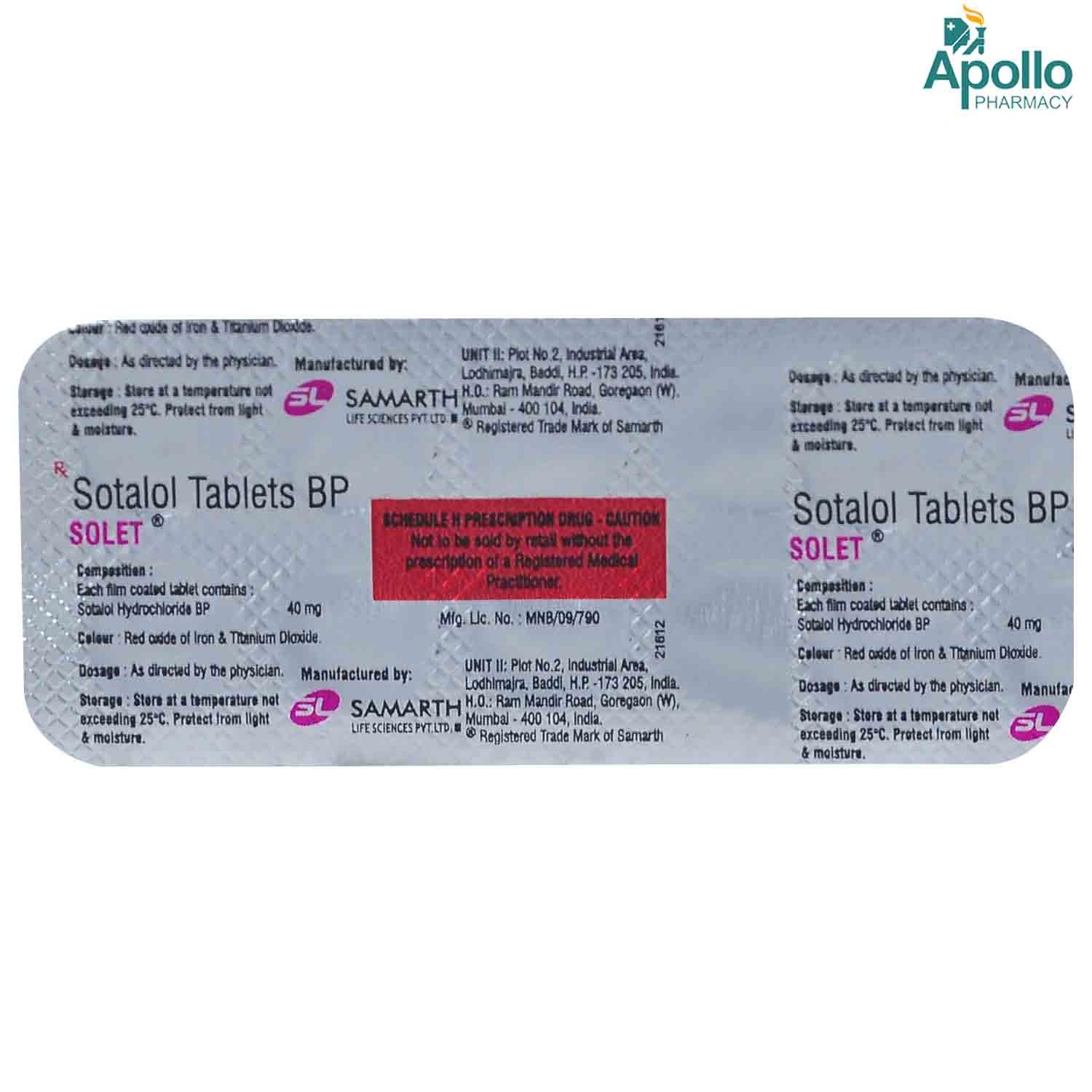
MRP ₹111.5
(Inclusive of all Taxes)
₹16.7 Cashback (15%)
know your delivery time
Provide Delivery Location
Composition :
Manufacturer/Marketer :
Consume Type :
Expires on or after :
Return Policy :

Secure Payment

Trusted by 8 Crore Indians

Genuine Products
Therapeutic Class
Country of origin
Manufacturer/Marketer address
Disclaimer
Alcohol
Safe if prescribed
Alcohol intake can increase the blood pressure-lowering effect of Solet Tablet , making you feel dizzy or light-headed. Therefore avoid alcohol while on treatment with Solet Tablet .
Pregnancy
Consult your doctor
Solet Tablet is a category C pregnancy medicines. It is not known whether it harms the baby or not. So, it should be taken only if a doctor prescribes you.
Breast Feeding
Consult your doctor
Solet Tablet is known to pass through the breast milk. So, breastfeeding women should not take Solet Tablet .
Driving
Safe if prescribed
Solet Tablet has no or negligible effect on driving and machine operation. However, it should be noted that occasionally dizziness or fatigue may occur.
Liver
Consult your doctor
Let your doctor know if you have any history of liver diseases before using Solet Tablet . Your doctor will weigh the benefits and any potential risks before prescribing it to you.
Kidney
Consult your doctor
Let your doctor know if you have any history of kidney diseases before using Solet Tablet . Your doctor will weigh the benefits and any potential risks before prescribing it to you.
Children
Safe if prescribed
Solet Tablet is not recommended for children below 12 years of age as the safety and efficacy of this medicine are not established.
Product Substitutes
About Solet Tablet
Solet Tablet belongs to a group of medications known as 'anti-arrhythmia' drugs, used to treat arrhythmia (irregular heartbeat) or any other heart condition associated with an irregular heartbeat such as fibrillation (irregular heartbeat)and tachycardia (too fast heartbeat). Arrhythmia is a problem associated with the rate of rhythm at which the heart beats.
Solet Tablet contains Sotalol, a beta-blocker primarily used to treat an irregular heartbeat. It works by blocking abnormal electrical signals in the heart, which helps control the heart's uneven beating and normal beat in conditions such as atrial or ventricular fibrillation (a rapid contraction of heart muscle), atrial flutter (pounding or racing heartbeat), tachycardia (heavy heartbeat more than 100 beats/min). So, it effectively helps to treat problems associated with an irregular heartbeat by
Solet Tablet should be taken as prescribed by your doctor. It can be taken with or without food. You are advised to take Solet Tablet for as long as your doctor has prescribed it for you, depending upon your medical condition. In some cases, this medicine may cause side effects such as fatigue, slow heart rate, dizziness, weakness, and breathlessness. Most of these side effects of Solet Tablet do not require medical attention and gradually resolve over time. However, if the side effects are persistent, reach out to your doctor.
Solet Tablet should be avoided if allergic to it or other components of the formulation. Inform your doctor if you are pregnant or are planning to get pregnant, are breastfeeding, have liver disease, kidney disease, thyroid problem, heart failure, a heart valve problem, or have a history of a heart attack. Regular monitoring of blood pressure and heart rate is needed while taking Solet Tablet . Certain medicines like depression and mental illness medicines should be avoided while taking Solet Tablet .Do not abruptly stop taking Solet Tablet as it may lead to withdrawal symptoms like an irregular heartbeat, which can be really fatal.
Uses of Solet Tablet
Medicinal Benefits Mweb
Key Benefits
Solet Tablet belongs to a group of medications known as 'anti-arrhythmia' drugs, containing Sotalol, primarily used to treat arrhythmia (irregular heartbeat) or any other heart condition associated with an irregular heartbeat such as fibrillation and tachycardia. It works by blocking abnormal electrical signals in the heart, which helps control the heart's uneven beating and helps to beat normally. So. it effectively helps to treat problems associated with an irregular heartbeat.
Directions for Use
Side Effects of Solet Tablet
- Fatigue
- Slow heart rate
- Dizziness
- Weakness
- Breathlessness
Drug Warnings
- Inform your doctor if you have had an allergic reaction to Solet Tablet , are pregnant or are planning to get pregnant, are breastfeeding, have liver disease, kidney disease, untreated phaeochromocytoma (vascular tumor of adrenal medulla), thyroid problem, heart failure, a heart valve problem, or history of a heart attack.
- Tell your doctor about all the prescription and over-the-counter medications you use, including vitamins, minerals, herbal products and drugs prescribed by other doctors.
- You must closely monitor your blood pressure and heart rate while taking Solet Tablet .
- Do not start using a new medication without telling your doctor.
- Lifestyle changes are beneficial in achieving optimum outcomes with Solet Tablet and keeping blood pressure under check.
- Do not abruptly stop taking Solet Tablet as it may lead to withdrawal symptoms like an irregular heartbeat which can be really fatal.
Drug-Drug Interactions
Drug-Drug Interactions
Login/Sign Up
Coadministration of Solet 40 mg Tablet together with ciprofloxacin can increase the risk or severity of irregular heart rhythm.
How to manage the interaction:
Taking Solet 40 mg Tablet with Ciprofloxacin is generally avoided as it can result in an interaction, it can be taken together if prescribed by a doctor. However, consult the doctor if you experience sudden dizziness, lightheadedness, fainting, breathing difficulty. Do not discontinue any medications without consulting a doctor.
Using Solet 40 mg Tablet together with lomefloxacin can increase the risk of an irregular heart rhythm that may be serious. The risk increases in patients with a history of heart illness or electrolyte imbalance.
How to manage the interaction:
Taking Solet 40 mg Tablet with Lomefloxacin is generally avoided as it can result in an interaction, it can be taken if a doctor has advised it. If you experience sudden dizziness, lightheadedness, fainting, shortness of breath, chest pain or tightness, rapid heartbeat, contact a doctor immediately. Do not discontinue any medications without consulting a doctor.
Combining Moxifloxacin with Solet 40 mg Tablet can increase the risk or severity of irregular heart rhythms which can be severe. The risk increases in patients with a history of heart illness or electrolyte imbalance.
How to manage the interaction:
Taking Solet 40 mg Tablet with Moxifloxacin is not recommended as it can result in an interaction, it can be taken if a doctor has advised it. However, if you experience sudden dizziness, lightheadedness, fainting, or fast or pounding heartbeats, contact a doctor immediately. Do not discontinue any medications without consulting a doctor.
Using Solet 40 mg Tablet together with levofloxacin can increase the risk of an irregular heart rhythm that may be serious. The risk increases in patients with a history of heart illness or electrolyte imbalance.
How to manage the interaction:
Taking Levofloxacin with Solet 40 mg Tablet is generally avoided as it can result in an interaction, it can be taken if your doctor has advised it. If you experience sudden dizziness, lightheadedness, fainting, or fast or pounding heartbeats, contact a doctor immediately. Do not discontinue any medications without consulting a doctor.
Using Solet 40 mg Tablet together with sparfloxacin can increase the risk of an irregular heart rhythm that may be serious. The risk increases in patients with a history of heart illness or electrolyte imbalance.
How to manage the interaction:
Taking Solet 40 mg Tablet with Sparfloxacin is not recommended, please consult a doctor before taking it. However, if you experience sudden dizziness, lightheadedness, fainting, shortness of breath, chest pain or tightness, rapid heartbeat, or memory loss, contact a doctor immediately. Do not discontinue any medications without consulting a doctor.
Using thioridazine together with Solet 40 mg Tablet can increase the risk of an irregular heart rhythm. The risk increases in patients with a history of heart illness or electrolyte imbalance.
How to manage the interaction:
Taking Solet 40 mg Tablet with Thioridazine is not recommended, consult a doctor before taking it. You should seek immediate medical attention if you develop sudden dizziness, lightheadedness, fainting, shortness of breath, or heart palpitations. Do not discontinue any medications without consulting a doctor.
Co-administration of Ziprasidone together with Solet 40 mg Tablet can increase the risk or severity of irregular heart rhythms which can be severe. The risk increases in patients with a history of heart illness or electrolyte imbalance.
How to manage the interaction:
Taking Solet 40 mg Tablet with Ziprasidone together is generally avoided as it can result in an interaction, but it can be taken if a doctor has advised it. However, consult a doctor immediately if you experience any symptoms such as sudden dizziness, lightheadedness, fainting, shortness of breath, or heart palpitations. Do not discontinue any medications without consulting a doctor.
Coadministration of Solet 40 mg Tablet and arbutamine can affect the rhythm of heart.
How to manage the interaction:
Taking Solet 40 mg Tablet with Arbutamine is generally avoided as it can result in an interaction. However, if you experience irregular heartbeat, chest tightness, blurred vision or nausea contact a doctor immediately. Do not discontinue any medications without consulting a doctor.
Coadministration of Norfloxacin with Solet 40 mg Tablet can increase the risk or severity of irregular heart rhythm.
How to manage the interaction:
Taking Norfloxacin with Solet 40 mg Tablet together is generally avoided as it can result in an interaction, it can be taken if a doctor has advised it. However, contact a doctor immediately if you experience sudden dizziness, lightheadedness, fainting, shortness of breath, chest pain or tightness, rapid heartbeat, or memory loss. Do not discontinue any medications without consulting a doctor.
Coadministration of Ofloxacin with Solet 40 mg Tablet can increase the risk or severity of irregular heart rhythms.
How to manage the interaction:
Taking Ofloxacin with Solet 40 mg Tablet together is generally avoided as it can result in an interaction, it can be taken if a doctor has advised it. If you experience sudden dizziness, lightheadedness, fainting, shortness of breath, chest pain or tightness, rapid heartbeat, or memory loss, contact a doctor. Do not discontinue any medications without consulting a doctor.
Drug-Food Interactions
Drug-Food Interactions
Login/Sign Up
Drug-Diseases Interactions
Drug-Diseases Interactions
Login/Sign Up
Drug-Drug Interactions Checker List
- DIGOXIN
- AMIDODARONE
- VERAPAMIL
- DISOPYRAMIDE
- QUINIDINE
- PROCAINAMIDE
- DILTIAZEM
- LITHIUM
- PHENYTOIN
- PHENOBARBITAL
- ASTEMIZOLE
- TERFENADINE
- ERYTHROMYCIN
- HALOFANTRINE
- PENTAMIDINE
- INSULIN
- SALBUTAMOL
- METHYLDOPA
Habit Forming
Special Advise
- You should get regular blood tests done to monitor your sodium and potassium level, blood sugar level, kidney function, and lung function.
Diet & Lifestyle Advise
- Keep your weight under control with BMI 19.5-24.9.
- Opt for a diet rich in whole grains, fruits, veggies, and low-fat dairy products.
- Limit intake of sodium chloride (table salt) in your daily diet to 2300 mg per day or less than 1500 mg is ideal for most adults.
- If you are taking alcohol then only one serving for women and two servings for men is advisable.
- Quitting smoking is the best strategy to lower the risk of heart disease.
- Avoid chronic stress as it can raise your blood pressure. Try to enjoy and spent time with your loved ones to cope with stress and practice mindfulness techniques.
- Monitor your blood pressure daily and if there is too much fluctuation then immediately contact your doctor.
- Try to include heart-healthy omega 3 fatty acid containing food drinks in your daily diet. You can also use low-fat cooking oil like olive oil, soybean oil, canola oil, and coconut oil can help in lowering your elevated blood pressure.
All Substitutes & Brand Comparisons
RX
Out of StockSotagard 40mg Tablet
GlaxoSmithKline Pharmaceuticals Ltd
₹11.27
(₹1.01 per unit)
89% CHEAPERRX
Sotalar 40 Tablet 10's
Cipla Ltd
₹138.5
(₹12.47 per unit)
24% COSTLIER
Buy best Cardiology products by
Torrent Pharmaceuticals Ltd
Sun Pharmaceutical Industries Ltd
Lupin Ltd
Intas Pharmaceuticals Ltd
Cipla Ltd
Micro Labs Ltd
Macleods Pharmaceuticals Ltd
Abbott India Ltd
Ajanta Pharma Ltd
Ipca Laboratories Ltd
Eris Life Sciences Ltd
Mankind Pharma Pvt Ltd
Lloyd Healthcare Pvt Ltd
Dr Reddy's Laboratories Ltd
Glenmark Pharmaceuticals Ltd
Emcure Pharmaceuticals Ltd
Alembic Pharmaceuticals Ltd
Alkem Laboratories Ltd
East West Pharma India Pvt Ltd
USV Pvt Ltd
Zydus Healthcare Ltd
Aristo Pharmaceuticals Pvt Ltd
Elbrit Life Sciences Pvt Ltd
J B Chemicals & Pharmaceuticals Ltd
Zydus Cadila
Akumentis Healthcare Ltd
Alteus Biogenics Pvt Ltd
Hbc Life Sciences Pvt Ltd
Fusion Health Care Pvt Ltd
Troikaa Pharmaceuticals Ltd
La Renon Healthcare Pvt Ltd
Corona Remedies Pvt Ltd
Jubilant Lifesciences Ltd
Medley Pharmaceuticals Ltd
Knoll Healthcare Pvt Ltd
Msn Laboratories Pvt Ltd
Zuventus Healthcare Ltd
Cadila Pharmaceuticals Ltd
Blue Cross Laboratories Pvt Ltd
Lividus Pharmaceuticals Pvt Ltd
Morepen Laboratories Ltd
Ranmarc Labs
Shrrishti Health Care Products Pvt Ltd
Sanofi India Ltd
Steris Healthcare
Elder Pharmaceuticals Ltd
Primus Remedies Pvt Ltd
Unison Pharmaceuticals Pvt Ltd
Eswar Therapeutics Pvt Ltd
Knoll Pharmaceuticals Ltd
Tas Med India Pvt Ltd
Systopic Laboratories Pvt Ltd
Indiabulls Pharmaceuticals Pvt Ltd
Leeford Healthcare Ltd
Sinsan Pharmaceuticals Pvt Ltd
Biochem Pharmaceutical Industries Ltd
Cadila Healthcare Ltd
Azkka Pharmaceuticals Pvt Ltd
Nirvana India Pvt Ltd
Orsim Pharma
Prevego Healthcare & Research Pvt Ltd
Econ Healthcare
Elinor Pharmaceuticals (P) Ltd
FDC Ltd
Sunij Pharma Pvt Ltd
Nicholas Piramal India Ltd
Astra Zeneca Pharma India Ltd
Pfizer Ltd
Lia Life Sciences Pvt Ltd
Shine Pharmaceuticals Ltd
Elicad Pharmaceuticals Pvt Ltd
Indoco Remedies Ltd
Proqol Health Care Pvt Ltd
Vasu Organics Pvt Ltd
Biocon Ltd
Opsis Care Lifesciences Pvt Ltd
Johnlee Pharmaceuticals Pvt Ltd
Merck Ltd
Wockhardt Ltd
Auspharma Pvt Ltd
Ergos Life Sciences Pvt Ltd
Lakshya Life Sciences Pvt Ltd
Ordain Health Care Global Pvt Ltd
Pficus De Med Pvt Ltd
ALICAN PHARMACEUTICAL PVT LTD
RPG Life Sciences Ltd
Glynis Pharmaceuticals Pvt Ltd
Orris Pharmaceuticals
Samarth Life Sciences Pvt Ltd
Aprica Pharmaceuticals Pvt Ltd
Aretaeus Pharmaceuticals Pvt Ltd
Koye Pharmaceuticals Pvt Ltd
Neocardiab Care
Retra Life Science Pvt Ltd
Alniche Life Sciences Pvt Ltd
Alvio Pharmaceuticals Pvt Ltd
Arkas Pharma Pvt Ltd
Atos Lifesciences Pvt Ltd
Divine Savior Pvt Ltd
Metalis Lifesciences Pvt Ltd
Frequently Bought Together
Customers Also Bought
Recommended for a 30-day course: 3 Strips


